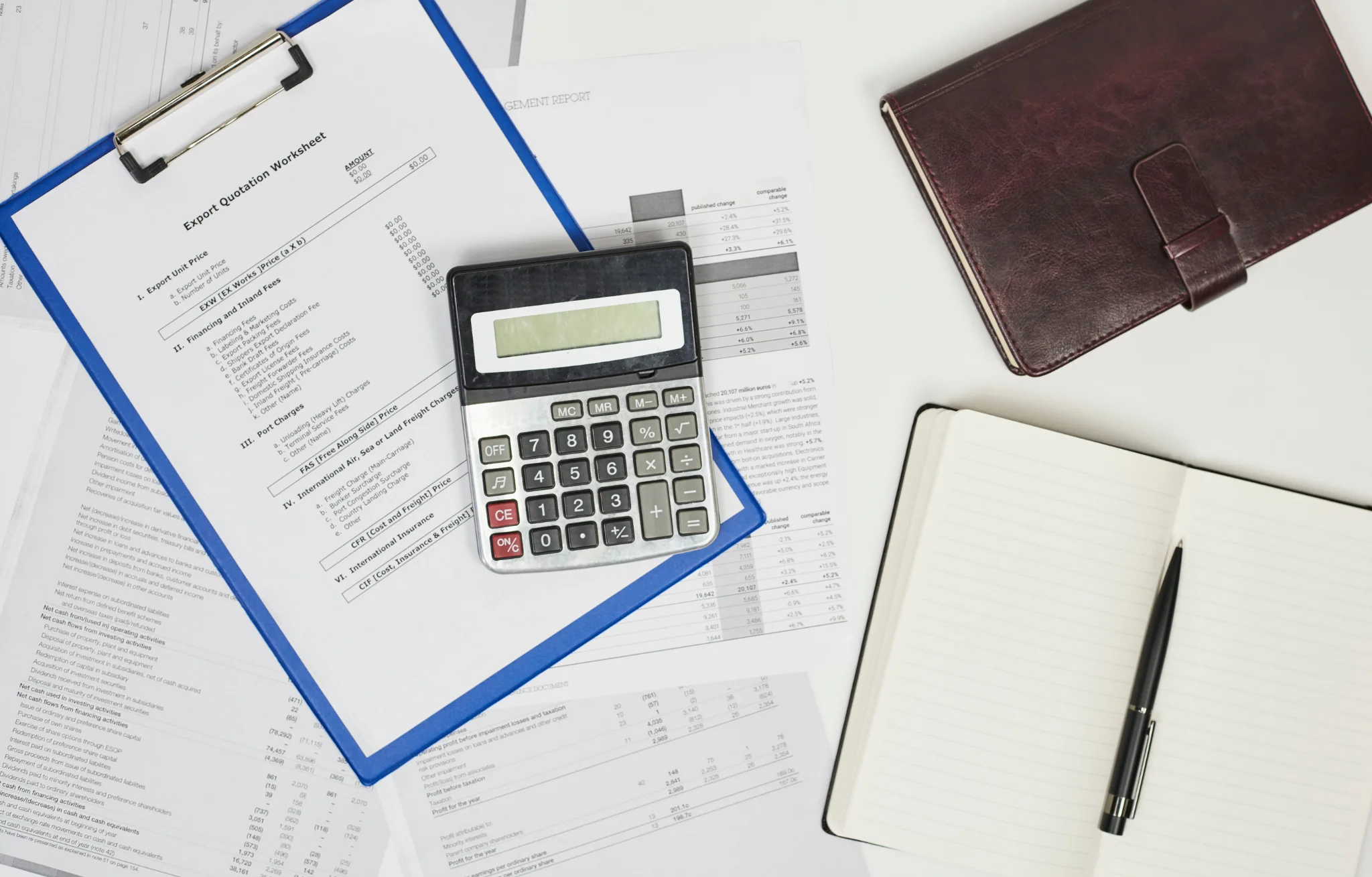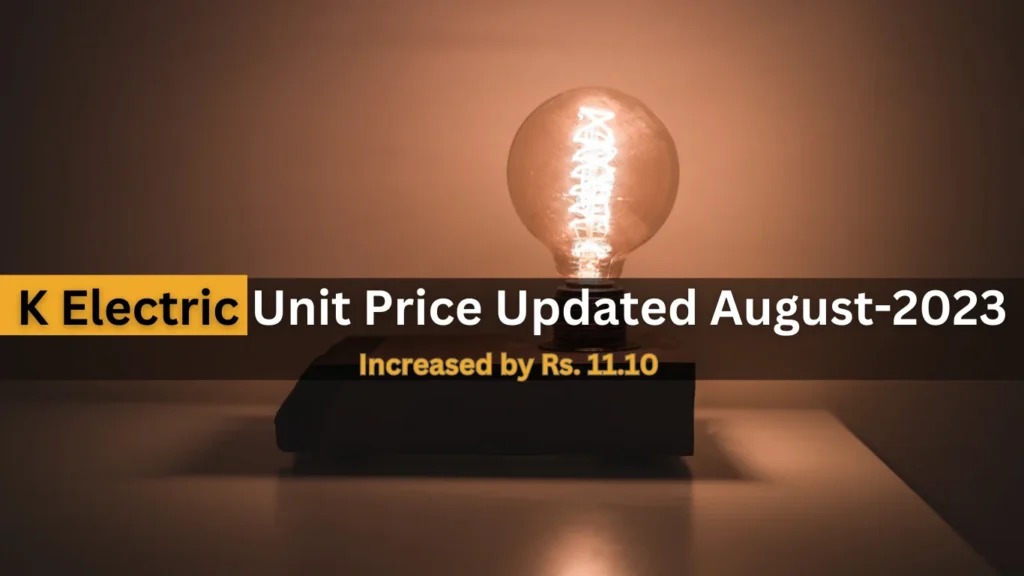K Electric Unit Price


The National Electric Power Regulatory Authority (Nepra) has given approval for an Rs11.10 per unit rise in electricity prices for K-Electric (KE) consumers due to the fuel cost adjustment for June 2022.
K Electric Unit Price
In a statement, Nepra mentioned that KE will recover this K Electric Unit Price increase over the next two months from consumers. The increase will be seen as Rs 3.01 per unit on August bills and Rs 8.09 per unit on September bills. KE had initially requested a higher increase of Rs11.39 per unit.
Rise In Electricity Unit Price
Rising fuel costs, driven by macroeconomic factors, have played a role in this K Electric Unit Price increase. Nepra’s decision to divide the recovery over two months is appreciated by KE, as it allows for some relief to be passed on to consumers.
It’s important to note that if fuel prices go down, consumers will also witness a reduction in their bills. In these challenging times, KE encourages consumers to cut down their energy usage by at least 20% to conserve this valuable resource.
Unit Price In August 2023
Nepra conducted a public hearing on July 28, 2022, and determined that this increase will apply only to August and September bills, excluding lifeline consumers.
The increase’s major impact comes from the surge in furnace oil and power prices from the Central Power Purchasing Agency Guarantee (CPPA-G). Additionally, the price of re-gasified liquefied natural gas (RLNG), used as a power production fuel, increased by 50% in June 2022 compared to March levels.
Electricity purchased from CPPA-G also rose by 74% in June 2022 compared to March. This increase in costs reflects the ongoing challenges in the energy sector. KE’s calculation for June 2022 was based on CPPA-G’s requested rate for the month, subject to Nepra’s determination.
Nepra highlighted the history of power purchase agreements between National Transmission and Despatch Company (NTDC) and KE, noting that no new agreement has been signed to date. KE continues to draw energy from the national grid, currently at around 1,100 MW.
KE assured that the fuel and power costs provided exclude late payment surcharges or interest. They furnished detailed statistics on generation and consumption, including invoices from fuel suppliers and independent power producers.
In light of these developments, Nepra has provisionally considered KE’s request for operating the Karachi Coastal Power Plant on high-speed diesel (HSD) for June 2022. Further adjustments will be made based on the authority’s approval of the heat rate and calorific value of HSD.
As the energy landscape evolves, Nepra aims to ensure a balanced approach to electricity pricing, accounting for various factors that impact costs and consumption patterns.
